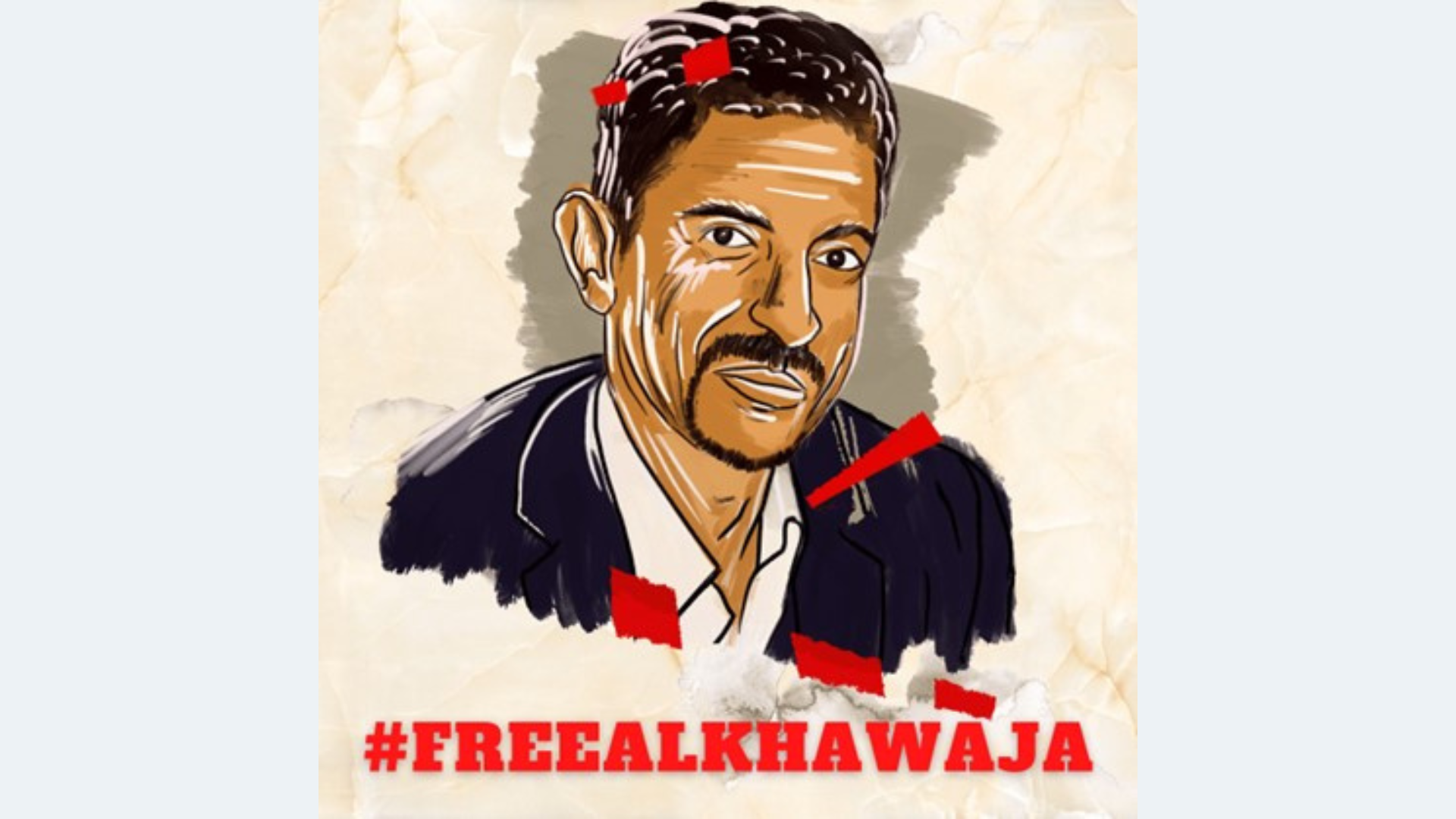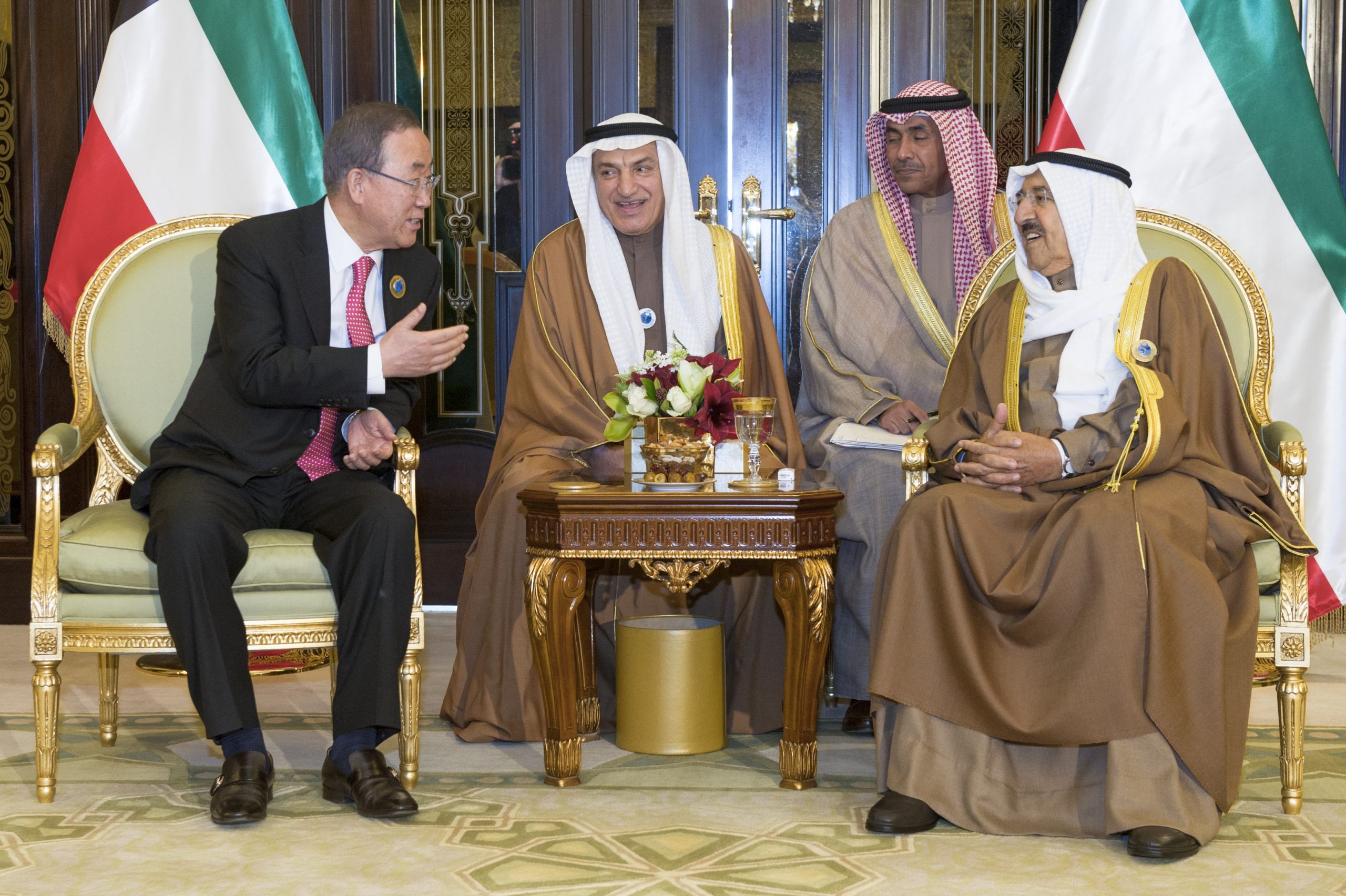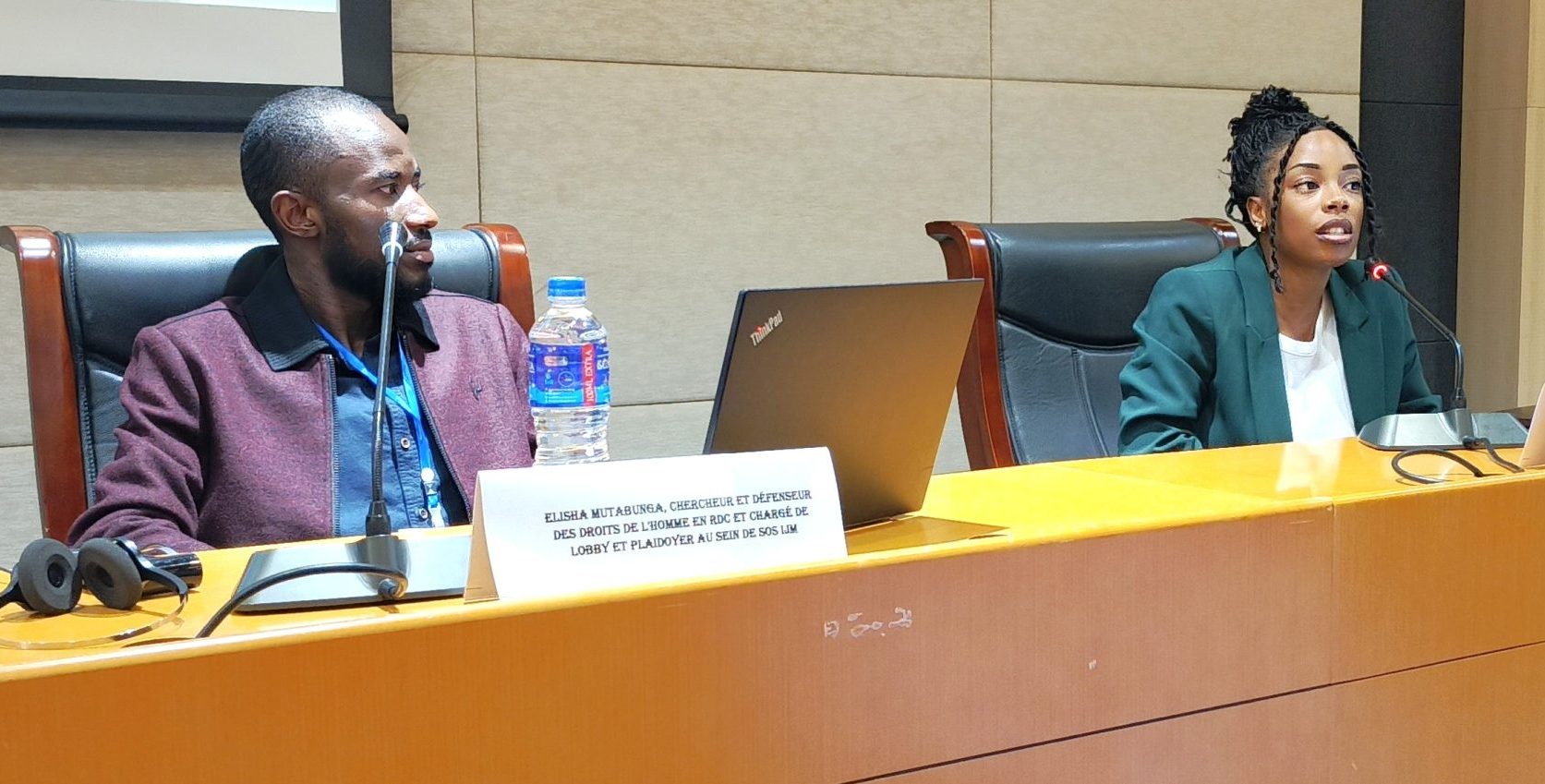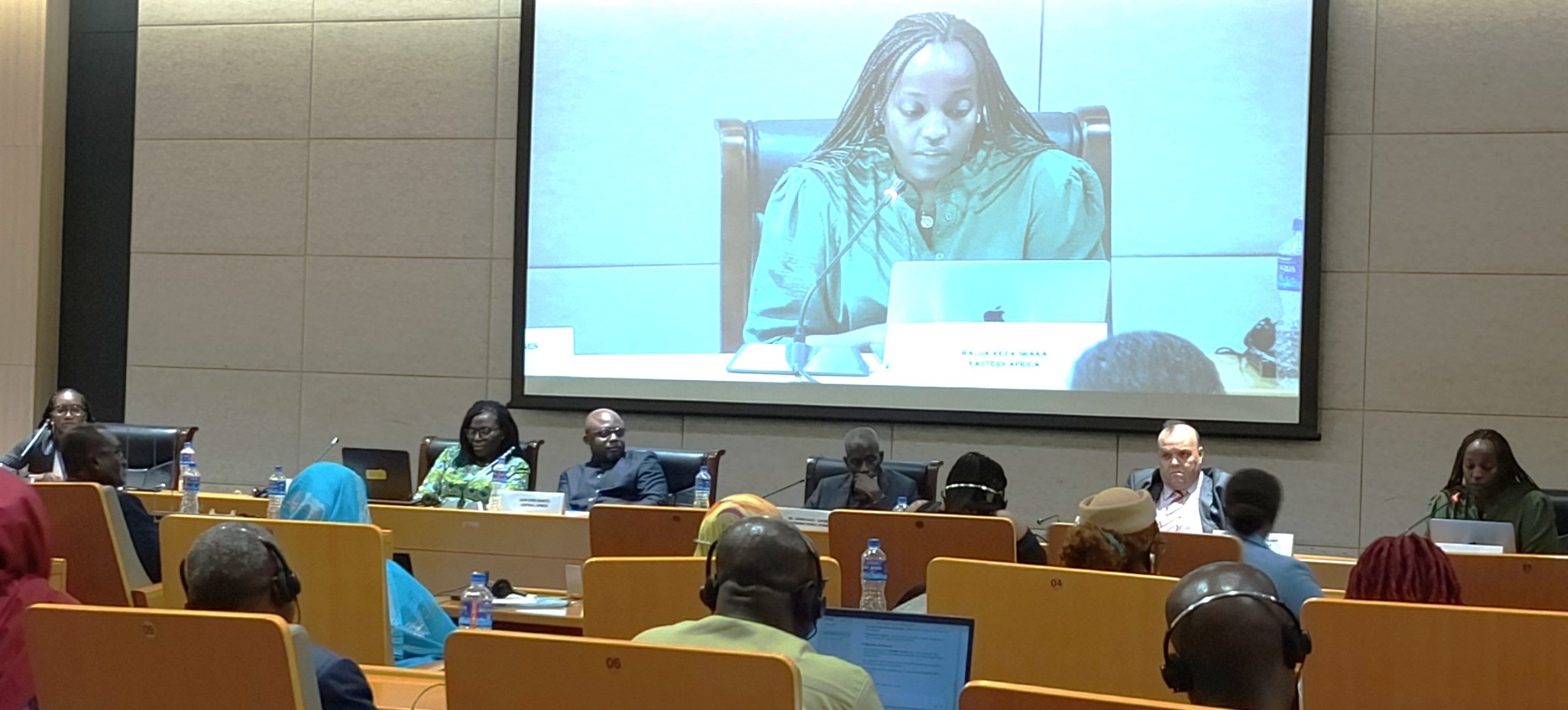(Update – 6 February 2015) – Following concerted advocacy by ISHR, together with diplomatic action on the part of the Human Rights Council President and Bureau, it is understood that Kuwait has not executed the arrest warrant in relation to human rights defender Nawaf Al Hendal, who was permitted to return home without arrest or charge after briefly being investigated at Kuwait International Airport.
(Geneva) – Authorities in Kuwait should immediately cease misusing laws on national security and the status of the emir to criminalise human rights defenders and others exercising the fundamental right to freedom of expression, the International Service for Human Rights said today.
ISHR also called on authorities in Kuwait to desist from any form of intimidation or reprisal against civil society activists who have submitted information in advance of the Universal Periodic Review (UPR) of Kuwait, scheduled at the Human Rights Council in Geneva this Wednesday, 28 January.
The call comes as prominent human rights defender, Nawaf Al Hendal, who is currently in Geneva for the periodic review of Kuwait’s human rights record, was advised that an arrest warrant awaits him on return to Kuwait in connection with allegations of damaging foreign relations and using Twitter to insult late Saudi King Abdullah.
The prosecution of bloggers, opposition activists and human rights defenders under the pretext of ‘undermining the status of the emir of Kuwait’ is widespread in the country. Lese-majeste, national security and ‘national unity’ laws have recently been used to prosecute activists who are critical of the human rights records of heads of state with which Kuwait has diplomatic relations, including Saudi Arabia and Egypt.
Al Hendal is well known in Kuwait for his work defending the rights of stateless persons and organising peaceful protests to highlight their plight. In Kuwait, public assemblies of more than twenty people are considered unlawful without a permit, which is frequently denied, and assemblies on the rights of stateless persons have been met with excessive force.
‘I love my country and I love its people. It is for that reason that I am in Geneva to stand up for our fundamental rights and freedoms. We deserve and have a right to free speech, to gather peacefully, and to advocate for the human rights of others,’ Mr Al Hendal said from Geneva.
‘Rather than seeking to prosecute me for my advocacy at the UPR, Kuwait should use the opportunity of the UPR to commit to substantially reforming the Public Gatherings Law, the Penal Code, national security legislation, press regulations, and lese-majeste and blasphemy laws, all of which are used and abused to criminalise free speech in my country,’ Mr Al Hendal said.
According to ISHR Director Phil Lynch, Kuwait has an obligation under the International Covenant on Civil and Political Rights to respect and protect the rights to freedom of expression, association and peaceful assembly. ‘The prosecution of human rights defenders and others for allegedly insulting a head of state – and in the case of Nawaf Al Hendal a former head of state – is manifestly incompatible with these rights, which can only be limited on the narrowest and strictest of grounds,’ Mr Lynch said.
‘This prosecution, or even the threat thereof, at a time when Nawaf is in Geneva to shine a spotlight on Kuwait’s human rights record appears intended to intimidate and silence him. Such acts of reprisal are forbidden under international law, which enshrines the right of all persons to safe and unhindered communication with the UN and the duty of States to respect and not interfere with the exercise of this right,’ Mr Lynch said.
‘If Kuwait is serious about its obligations under the ICCPR, it should use the opportunity of the Universal Periodic Review on Wednesday to withdraw all charges against human rights defenders and others in association with their exercise of the right to freedom of expression, repeal the offence of insulting or undermining the status of the emir, and refrain from any act of intimidation or reprisal associated with a person’s cooperation or attempted cooperation with the UN,’ Mr Lynch said.
‘ISHR and others will be closely watching how Kuwait treats human rights defenders and implements its commitments under international law, together with recommendations accepted through the UPR, in the weeks and months ahead,’ Mr Lynch said.
Contacts:
Phil Lynch (English) – Director, International Service for Human Rights on + 41 76 708 4748 or [email protected]
Nawaf Al Hendal (Arabic, English) – Kuwait Watch, on +965 55629911 or [email protected]




